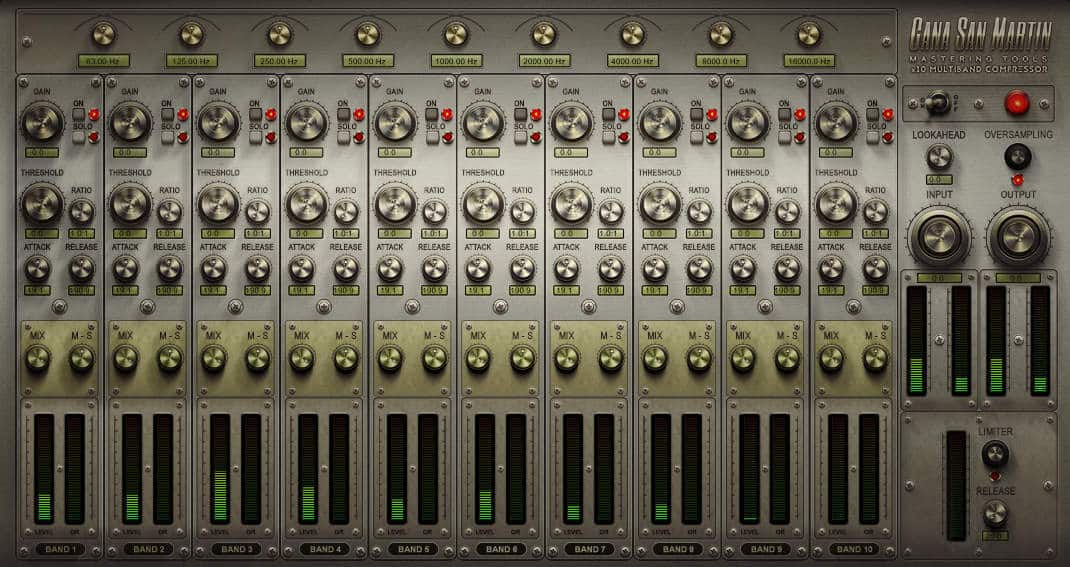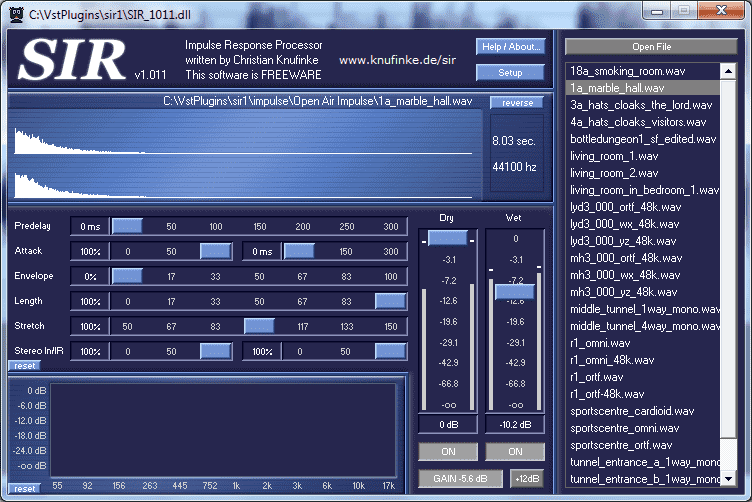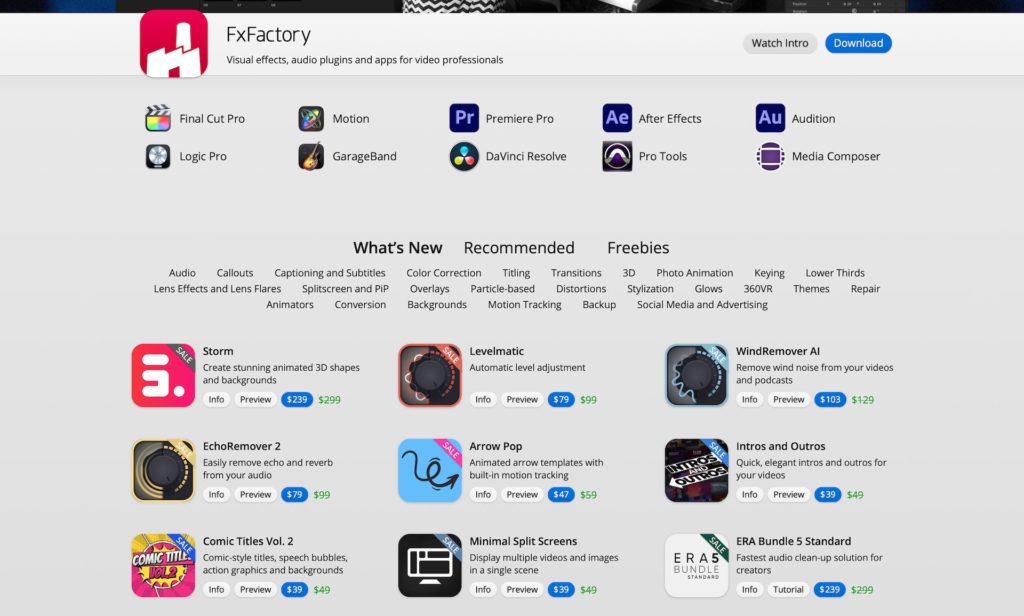

If you do not do this you will NOT be able to hear your system audio during a screen recording or otherwise. Put a checkbox next to “Built-in Output”. It’ll show up as a utility in you top bar. There may be extra unnecessary steps in here, but after playing with it for a while this is the combo that worked for us.ĭouble click on the app to launch it.
MFLARE 2 FREE PLUGIN INSTALL
Drag it your Applications folder to install it.Ģ. Configure the system and Soundflower for recording.

This will just open a finder window with the app. After you’ve allowed the extension in system preferences start the install again.

So you know, the install WILL fail the first time. Download and install both the extension AND the app.įirst install the extension.During the install the system extension will ask for security clearance. Simple if you do, so here’s the “how to”:ġ. It can be a pain to setup though if you don’t know what you are doing. So it’ll feed the system audio into Soundflower and it’ll show up as a mic for Quicktime. It will allow you to create a virtual audio input/output that your Mac, and in this case Quicktime, can access. Soundflower is a free open source system extension and app. If those are overkill for what you are needing to do though there is another alternative. There are of course paid programs for doing screen recordings. This is definitely not optimal for getting a clean recording if say, you want to hear the audio from a video you are playing on screen. Like your system mic or any connected microphone. It has to rely on a microphone for audio input. The only problem is it can’t record system audio directly to the. Like the ability to do screen recordings of all or part of your screen. Quicktime has a lot of great features hidden in it.
MFLARE 2 FREE PLUGIN HOW TO
How to Record and Monitor System Audio with Quicktime Screen Recordings


 0 kommentar(er)
0 kommentar(er)
